Here's why Oculus Touch controllers are a Rift game-changer
But will you fork over $199?
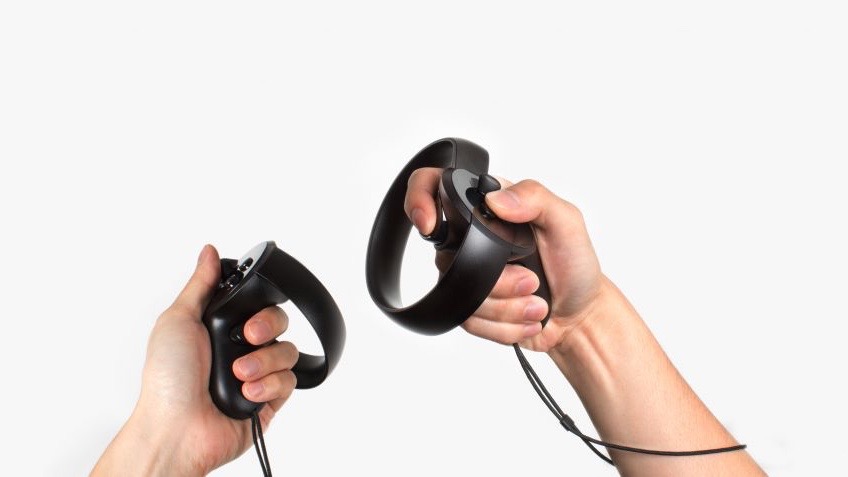
Oculus is finally ready to launch its Touch controllers, the missing puzzle piece to its VR vision. You'll need $199 to partake in that vision when it comes to life on December 6, the controllers' release date. The price, though not wholly unreasonable, is more expensive than many were hoping.
Oculus isn't letting any criticism of the cost dampen its fun, though. As part of the controllers' welcome party, the company is unleashing a number of Touch-ready titles. Fitting, as this feels like the second coming of Oculus Rift.
The headset and its packaged Xbox One controller are a great combo, don't get us wrong. The set-up is more than fine for experiences where you don't need hand gestures or to move around. Strategy games, some multiplayers, survival games where you're drifting through space - these are perfect for sitting in one spot.
But if you want to lose yourself in a virtual world, you'll need Touch controllers to do the trick.
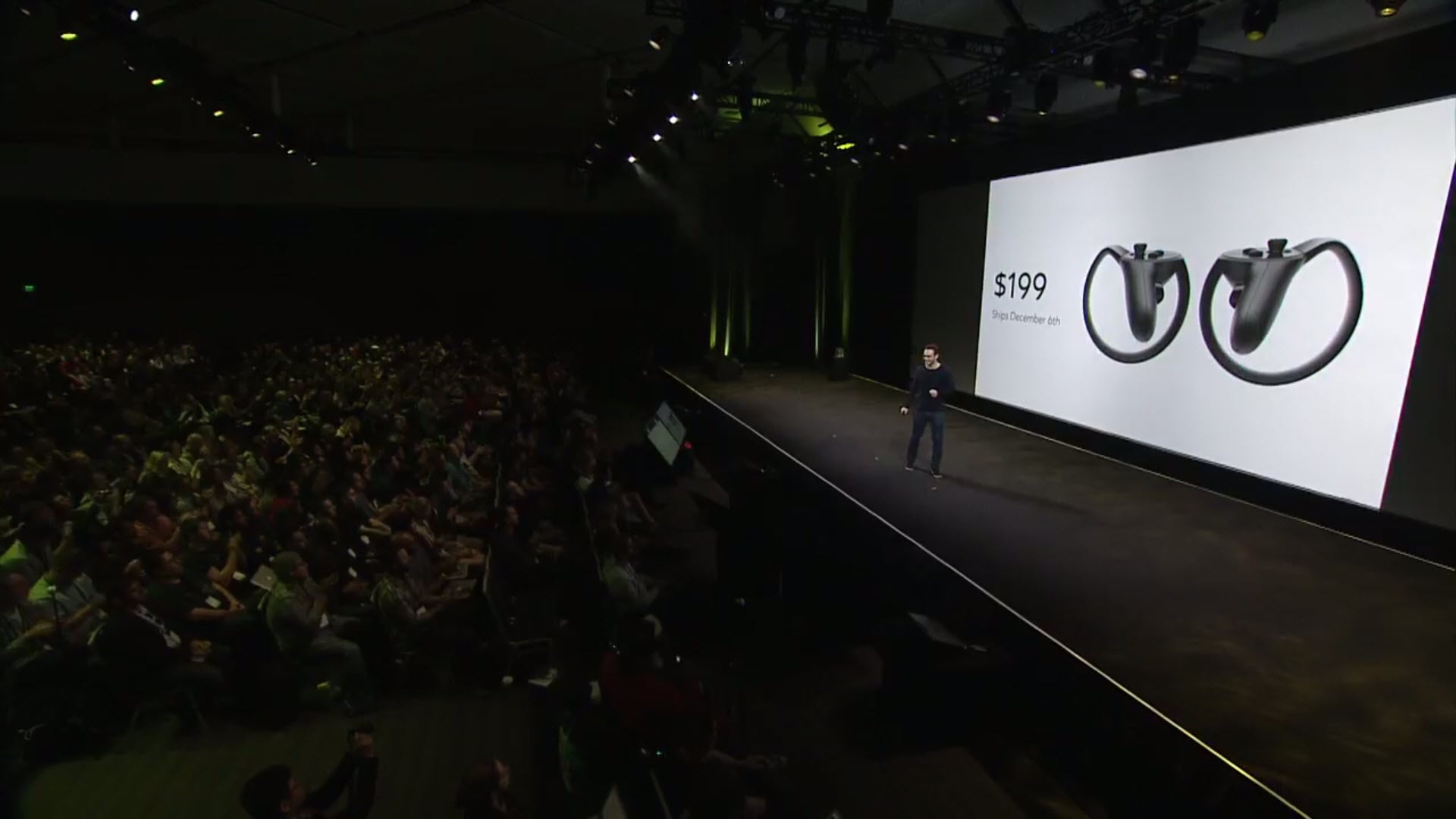
At this week's Oculus Connect 3, the company's developer conference, we got a chance to try some new games coming to Rift, including three titles made for Touch that will release alongside the controllers later this year.
This sampling showed the wide range of games and experiences available to the platform, and how impactful the Touch controllers are. Even with the steep price, the controllers are a game-changing addition to Rift.
Touch time
Of the Touch games we played, Superhot was our favorite. Basically the VR version of the first-person shooting (FPS) game for PC, Superhot is surreal, futuristic and exhilarating. You have to shoot, throw, punch and dodge your way past numerous faceless baddies, and we worked up a sweat advancing through increasingly difficult levels. Superhot will launch alongside Touch, though the game's price is still unknown.
Get daily insight, inspiration and deals in your inbox
Sign up for breaking news, reviews, opinion, top tech deals, and more.
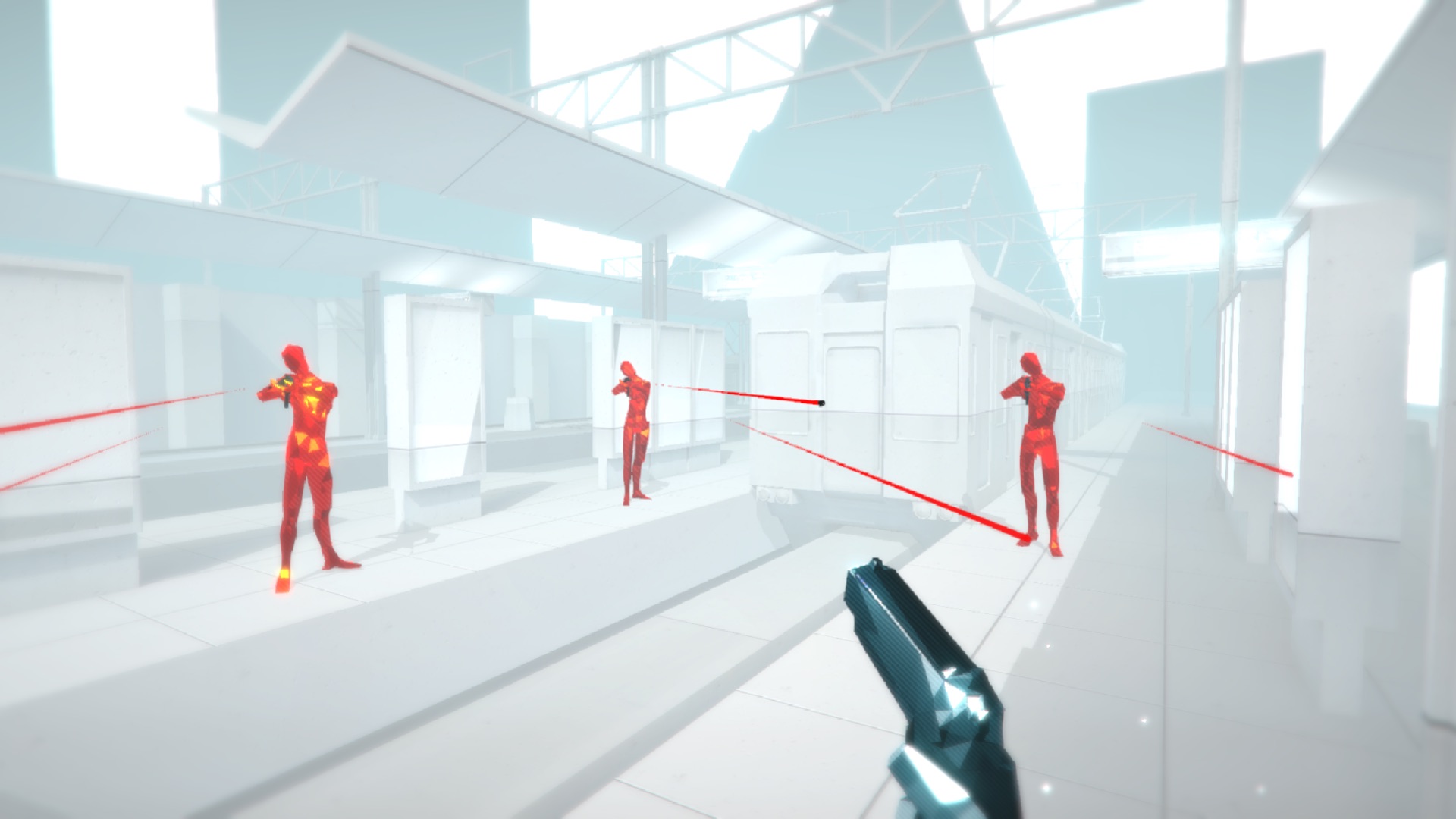
One drawback of Oculus Rift is that you don't have the same level of spatial awareness that you do with competitor HTC Vive. We thought we were perhaps overly mobile while playing Superhot and Robo Recall, another FPS, but after watching other people flay and stomp around using Touch, it seems you can't help but move as if you actually are ducking bullets and advancing on assailants.
We tripped over a very real mat on the floor at one point playing Superhot and quickly lost our physical bearings in all three Touch games. It didn't make a difference to the gameplay, but it shows it'd be wise to clear ample space when playing at home - and maybe have someone on standby to make sure you don't run into anything.

The good news is Touch will support room scale thanks to a third sensor Oculus is releasing for $79. This should help users have a better sense of their environment, but you'll have to pay for it separately and may not have the room required to set it up. It's a partial solution, and not ideal.
The Superhot gameplay we tried had a twist ending that's thoroughly disturbing as you're the first person, though we won't ruin it. We will say it shows how convincing virtual reality can be, especially when you're "holding" an object.
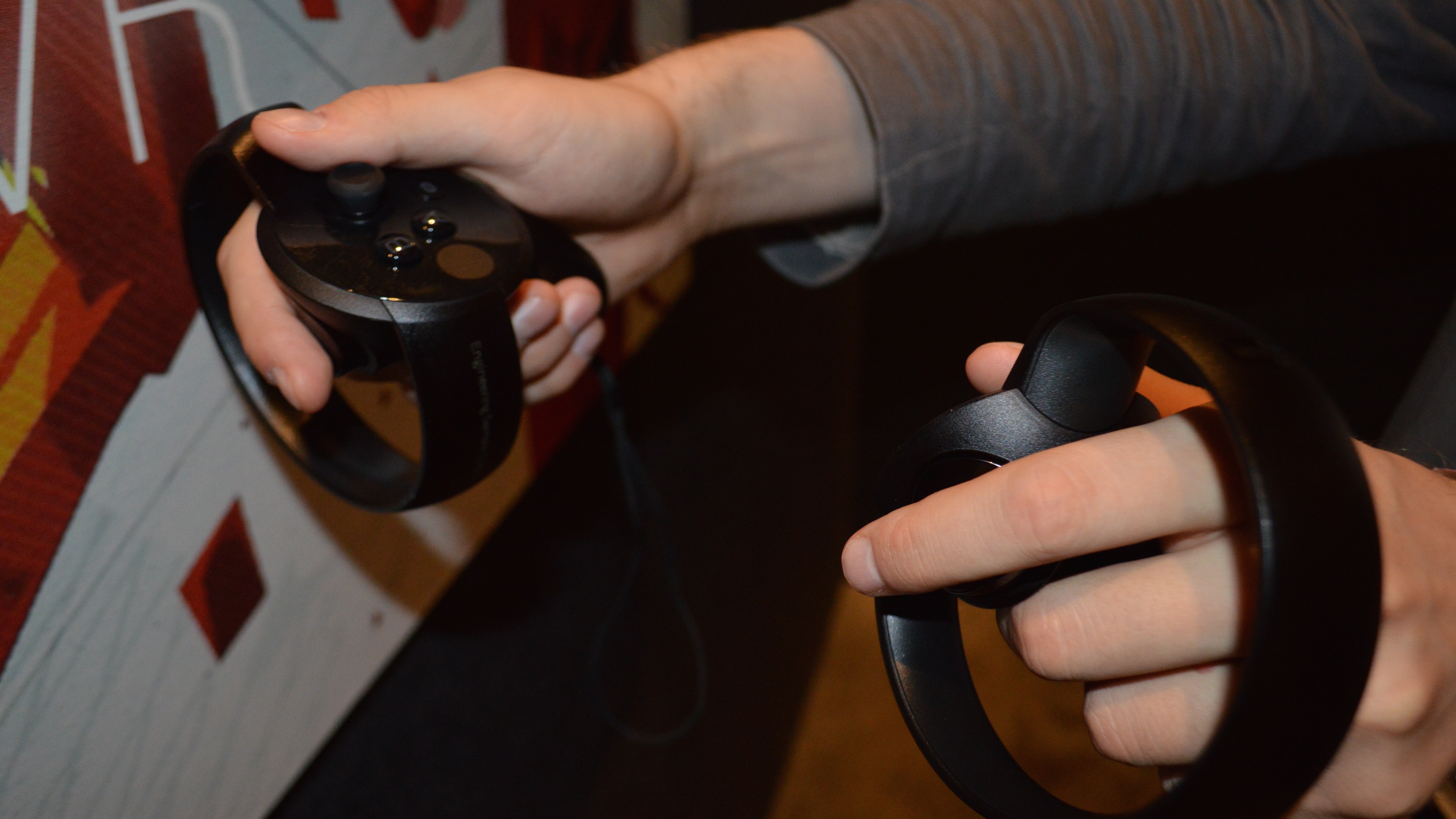
The Touch controllers felt natural throughout. They are well balanced and feel high-end, which you'd hope would be the case when paying $200.
In every Touch game we've played, you grab hold of objects by squeezing the lowest button on the controllers' handles. Letting off will release the item, and those physical movements matched what we've seen in the games. A little rumble makes it all the more realistic. While not a perfect 1:1 match of how you'd experience picking up an object in real-life, it's a convincing enough trick for a game.
There were relatively few controls to worry about in Superhot, and even less in Robo Recall, a game with the added terror of menacing robots flying at your face and even more advanced weaponry.
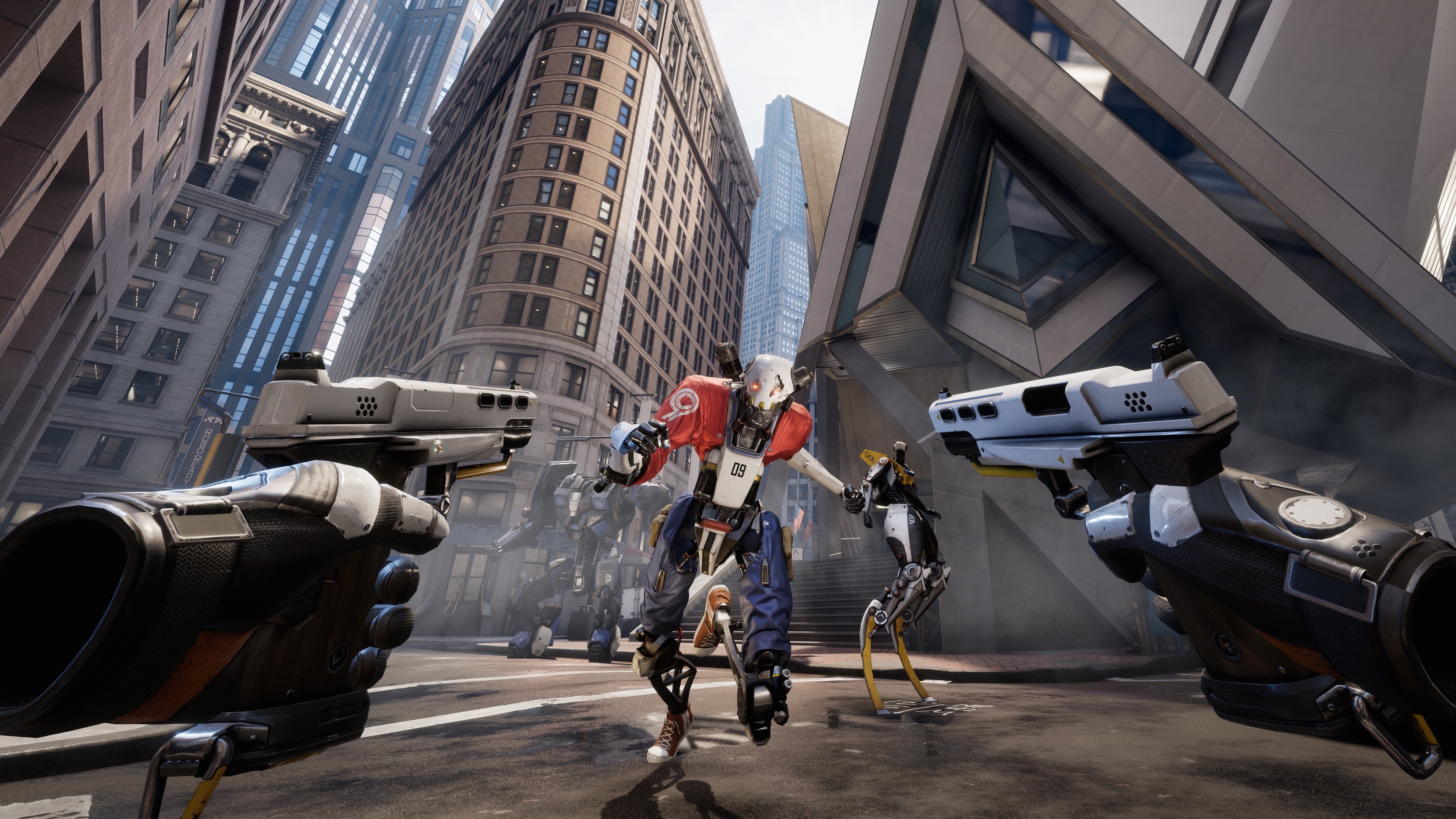
Fewer controls to worry about is a relief when it comes to Touch. Another title we played, Unspoken (launching with Touch, price TBA), was graphically excellent and had several fun elements, but it's a prime example of one of the issues we have with the controllers - an overabundance of buttons, which some game developers seem keen to utilize at the sake of user friendliness.
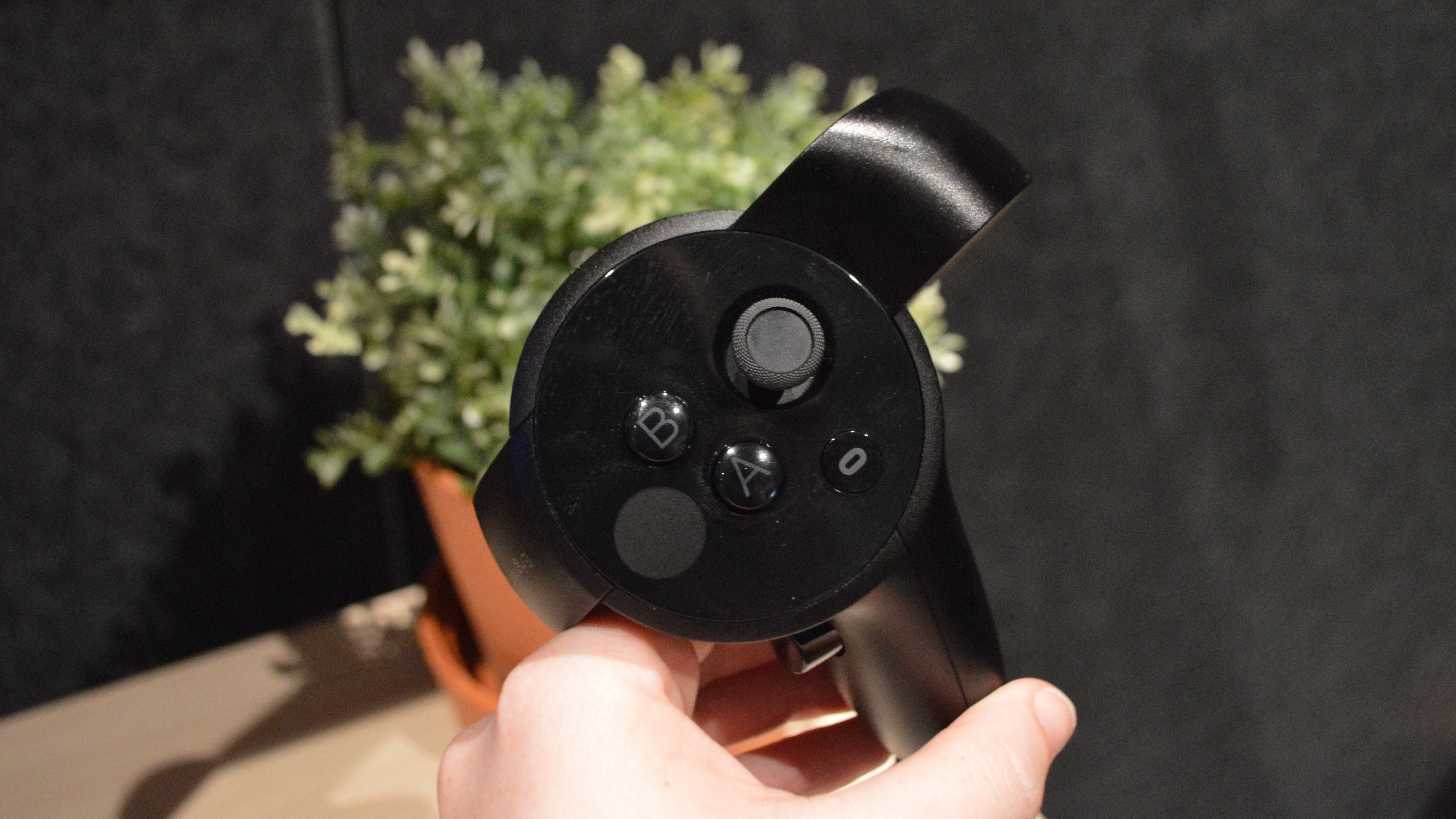
There were so many commands in Unspoken - make a shield with your left hand and form a fireball with the right, oh but you've got to teleport to that column before your opponent hits you! - that keeping track of it all is a challenge in itself. It got somewhat easier as time went on, and we suppose this is how a real-life magic duel would go down. Still, it was hard to keep track of every command as first-time players who were also trying to focus on not losing the battle in front of us.
The one non-Touch game we played, Landfall, will launch early next year (price TBA). It's a visually pleasing multiplayer battle, and like nearly every Rift game we've ever played, the attention to detail is superb.
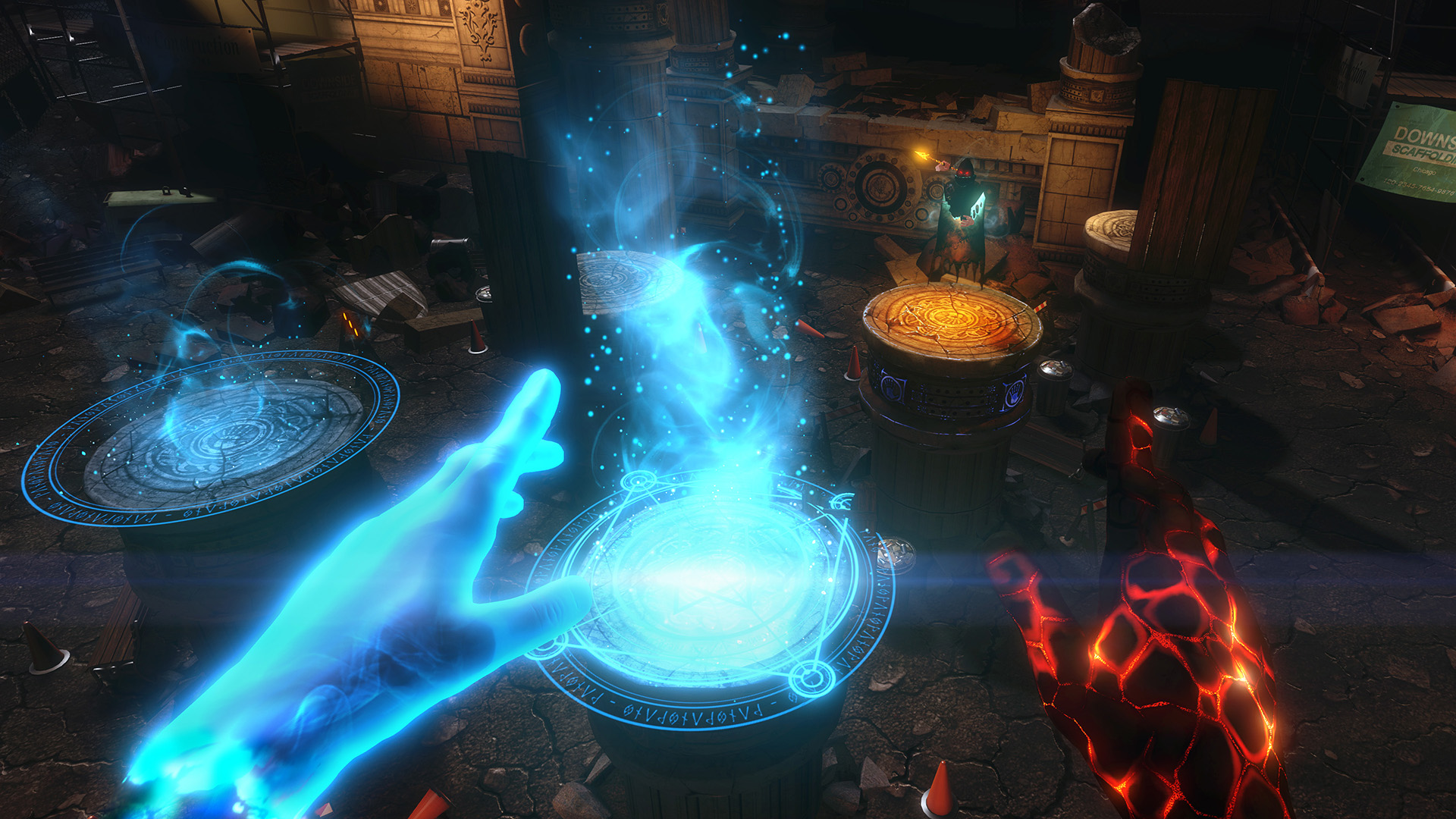
If you ever imagined your toy army men coming to life when you were a kid, that's what Landfall feels like. It was at times difficult to keep track of our tiny character in the insane melee, but an action-filled arena, effective weapons and believability that we were participating in a skirmish in a fantasy other-world made up for any confusion.
Rift's revolution
Though we've used Touch before, these game experiences show just how prepared Oculus is to wow us with its controllers. Yes, the controllers are expensive, but they elevate what's already a good VR experience to an even better one.
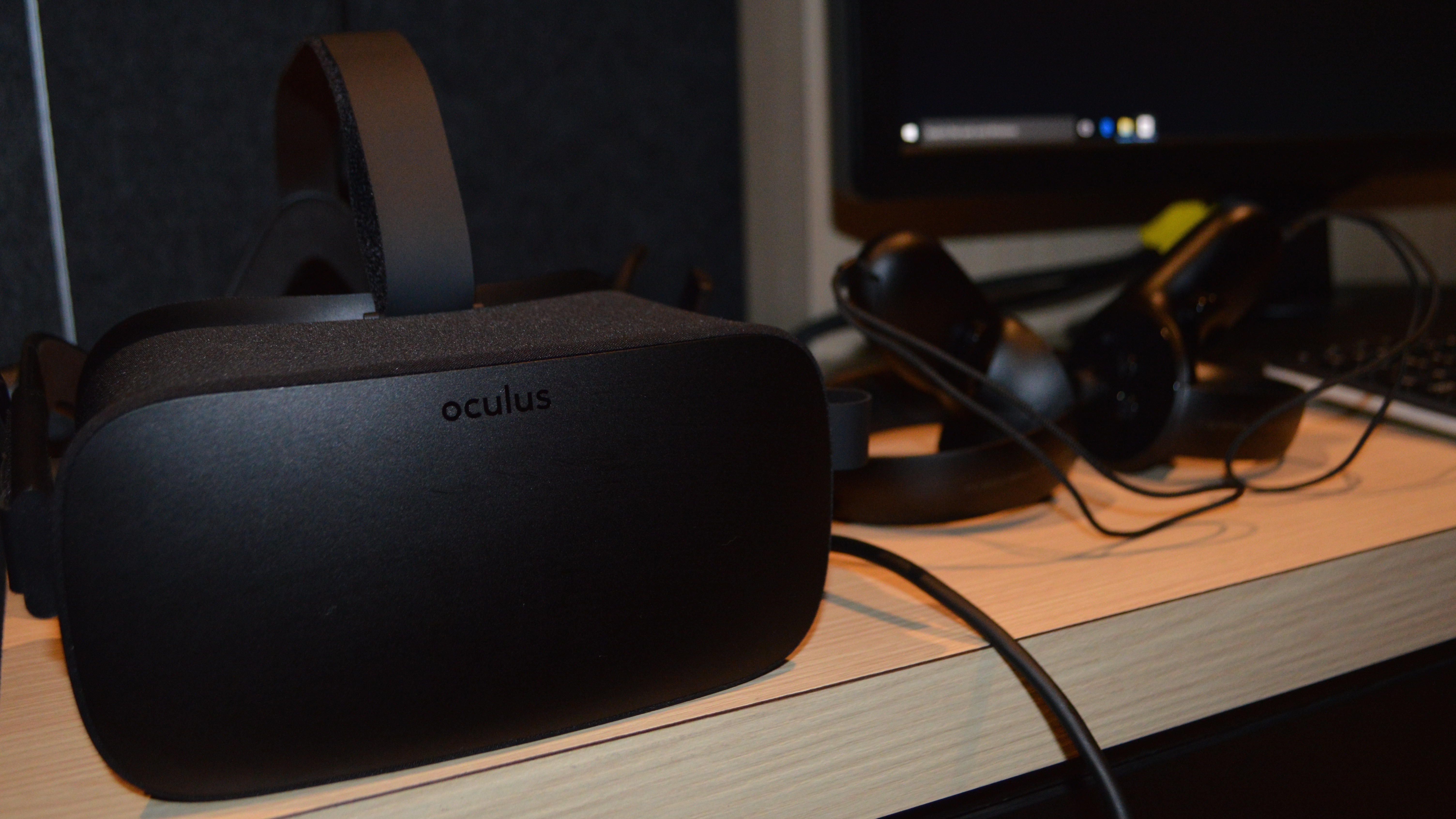
One criticism of Touch, besides its price and buttons, is that your hands get sweaty when you're holding the plastic controllers for even a short amount of time. Even just standing still, our palms became balmy. Perhaps using cloth or figuring out some ventilation system would help alleviate the issue, but we felt a little icky handing the controllers back over after using them.
These points aside, Touch is no doubt ready for primetime. With the controllers, Rift feels complete, like it should have launched with them along. We understand Oculus wanted to get the controllers right before releasing them to the wild, and users' patience, however unbearable it may have been, may be worth it once they wrap their hands around Touch for the first time.
Even with the price, it's hard not to say "Just do it" when it comes to recommending Touch. They are well-built, comfortable to hold (aside from the sweatiness), and elevate the entire Oculus Rift experience to a whole new level.
Rift is ready for Touch, and it's about time Oculus released its long-awaited controllers. We're ready, too.
- Play around with VR using one of the best gaming PCs
Michelle was previously a news editor at TechRadar, leading consumer tech news and reviews. Michelle is now a Content Strategist at Facebook. A versatile, highly effective content writer and skilled editor with a keen eye for detail, Michelle is a collaborative problem solver and covered everything from smartwatches and microprocessors to VR and self-driving cars.
